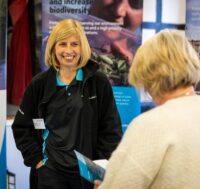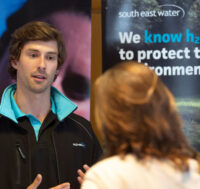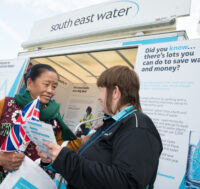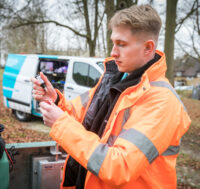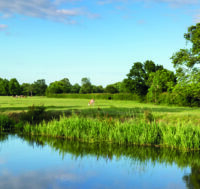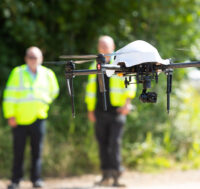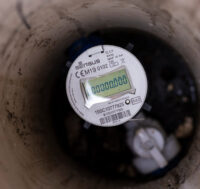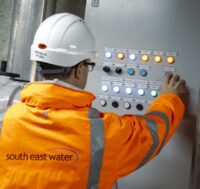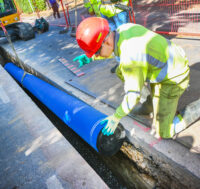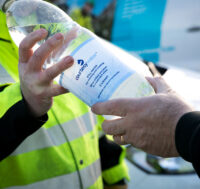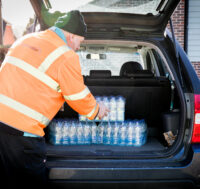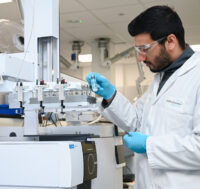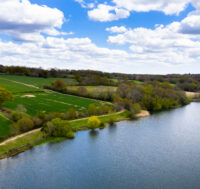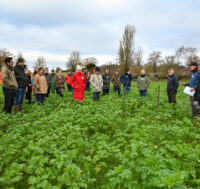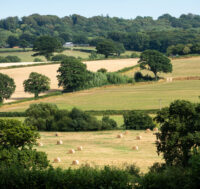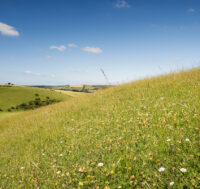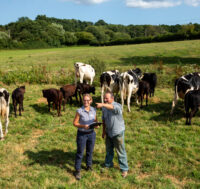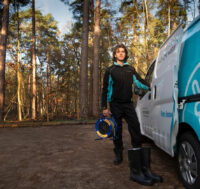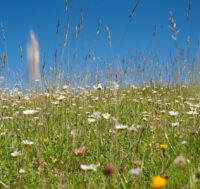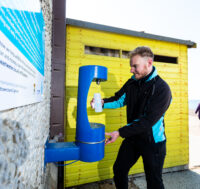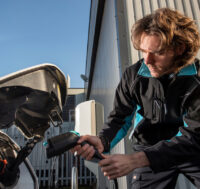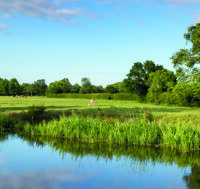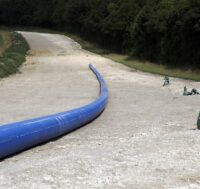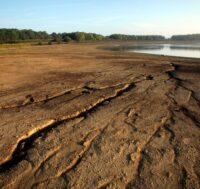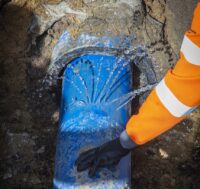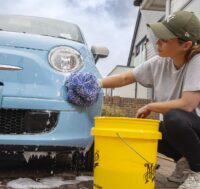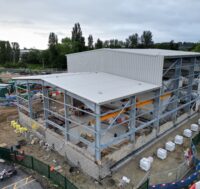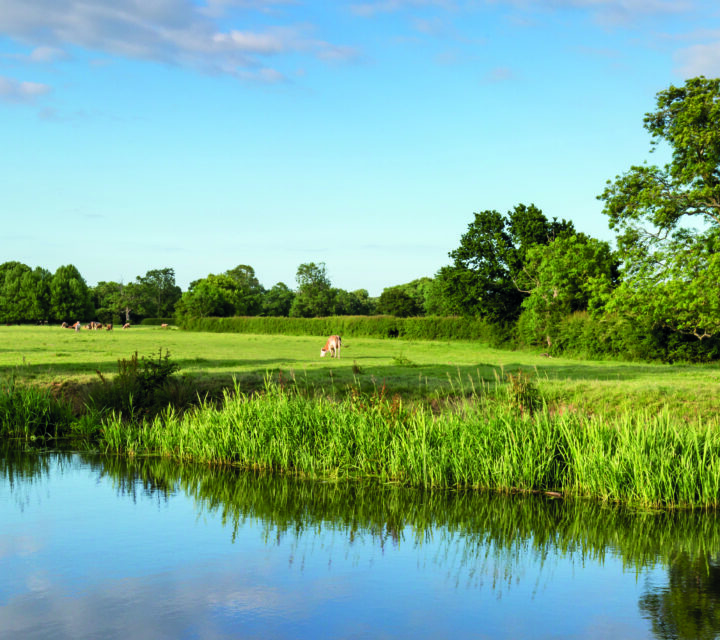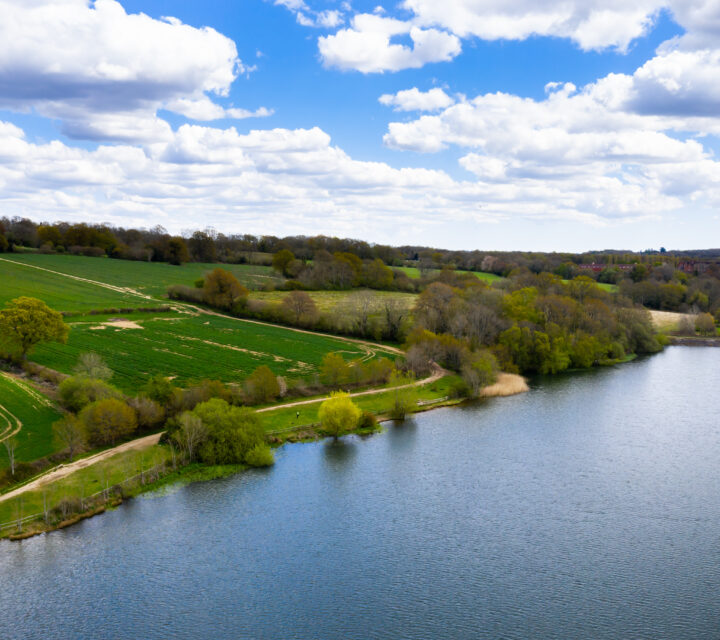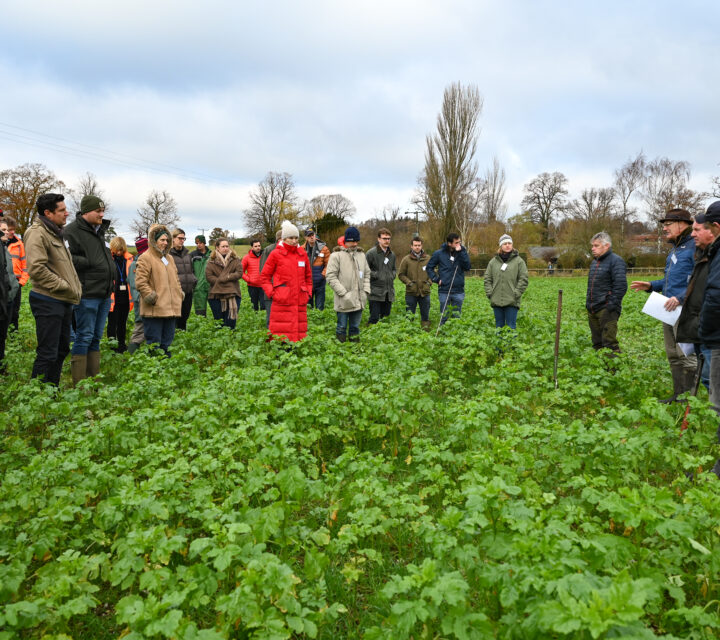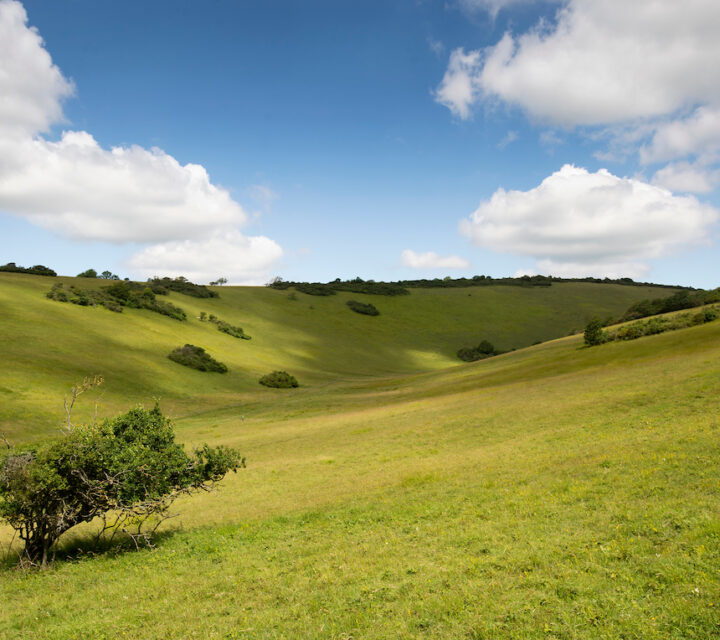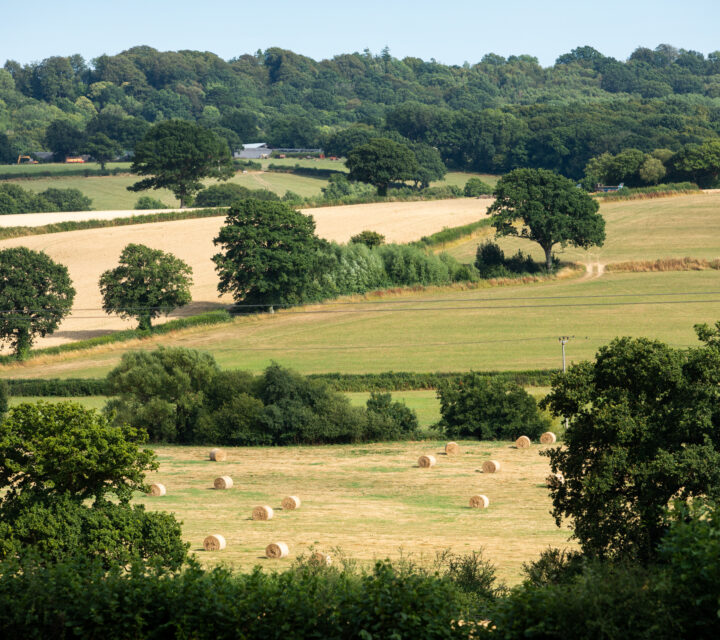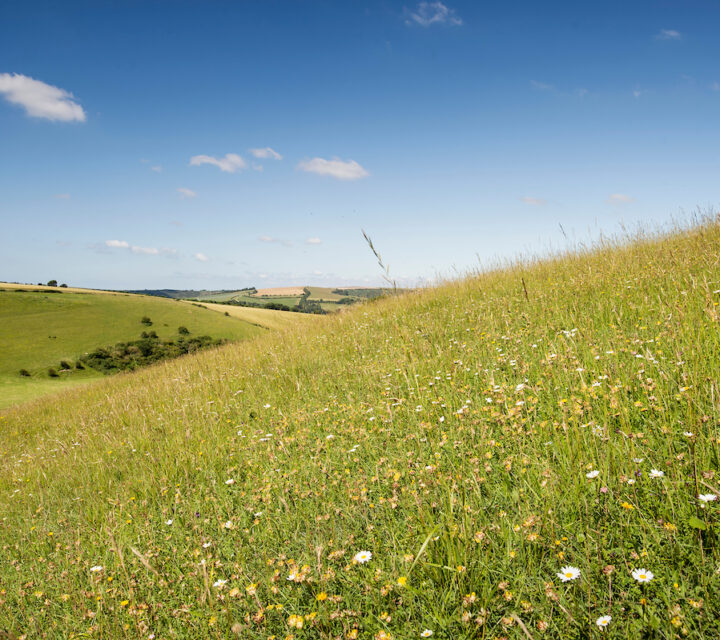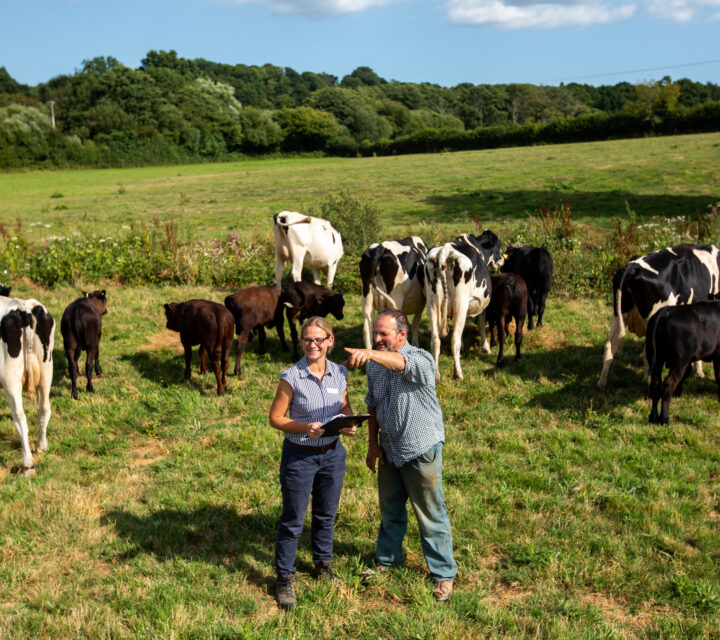Introduction by Emma Goddard, Head of Environment
The environment is integral to everything we do and our 25-year Environment Plan sets out how we will protect and enhance the natural environment for future generations through investment, innovation, engagement and partnerships.
We’ve outperformed our year four target for biodiversity and improved another 136.09 hectares of company-owned land to benefit wildlife and biodiversity. This brings the total area proactively managed for biodiversity to 1,650 hectares, exceeding the target by 190 hectares. 76 per cent of our land is now managed for biodiversity – up from 54 per cent in 2020.
In August we launched our long-term plan for protecting environmentally sensitive areas (Delivery of our Environmental Destination) and this forms an integral part of our WRMP24 and PR24 business plan.
In the past year we’ve worked with farmers and land managers in priority areas to part-fund rainwater harvesting systems and provide water efficiency advice. This eases pressure on our tap network and boosts resilience, but also helps prevent soil, nutrients and chemicals running off into rivers during downpours. We’ve organised workshops and conducted cover crop trials with farmers and successfully engaged with landowners who manage 13,764 hectares.
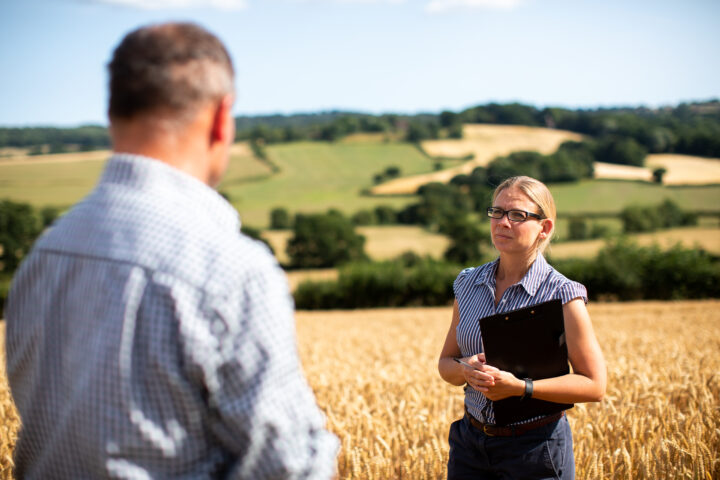
We’re collaborating on a ground-breaking Nature Recovery Project to create a new super National Nature Reserve in the South Downs to protect the quality and quantity of raw groundwater. This is part of the King’s Series of National Nature Reserves to enhance biodiversity and climate resilience through well connected and wildlife-rich habitats.
Working with others, we’ve planted 12,637 trees over the past year. We’ve also invested in enhanced biosecurity protocols at our reservoirs, including a boat washdown at Ardingly, to reduce the risk of spreading invasive non-native species (INNS) to protected species and important habitats and prevent damage to infrastructure. We’re using eDNA survey techniques to better understand the risks of invasive mussel species in an INNS monitoring programme at our reservoirs. Cutting edge techniques are also being used in catchments, with drones providing detailed data across a wide area about leaks on infrastructure and on customers’ supplies, and on water features that pose a potential pollution risk.
Our Catchment team has worked on an industry-leading project to tackle road run-off pollution by mapping the best places to install nature-based solutions to tackle pollution before it reaches rivers. We’ve now funded an expansion of the project and we’re delighted that a second environmental apprentice has joined our team.
The team’s had a special report into the effectiveness of cover crops in reducing nitrates in the Hampshire Chalk catchment published by The Geological Society. The paper documents the work we’ve been doing to reduce nitrates entering the chalk aquifer by up to 80 per cent.
We’re working hard to make sure we enhance as well as protect wildlife wherever possible. Working with conservation groups, we’ve made a positive difference to many species and their habitats over the past year, including butterflies, beavers, water voles, wart-biter bush crickets and bumblebees.
Our key measures
Engaging and working with landowners
Protecting wildlife and increasing biodiversity
Water Industry National Environment Programme
Delivery of Water Industry National Environment Programme (WINEP)
Bespoke Abstraction Incentive Mechanism (AIM)
Engaging and working with abstractors to improve catchment resilience to low flows
KPI – Number of breaches of abstraction licences, discharge consents and environmental permits
KPI – Number of pollution incidents (category 1 – 2)
For previous years reports, click here.


